Dal 04/04/2025 ore 13.00 al 06/04/2025 ore 12.00
Base Scout «La Massariotta», Palermo
Il primo evento scoutNaturalist: dal 4 al 6 aprile a Palermo.
L’iniziativa scoutNaturalist è coordinata dall’Istituto di Scienze Marine (Cnr-Ismar) con la collaborazione dell’Istituto di Ricerca Sulle Acque (Cnr-irsa), l’Istituto per il Rilevamento Elettromagnetico dell’Ambiente (Cnr-Irea) e l’Istituto di Ricerca sugli Ecosistemi Terrestri (Cnr-Iret) e coinvolge esperti dell’Università degli Studi di Palermo (UniPa) e dell’Associazione Italiana di Citizen Science (CSI).
Oltre 40 Capi dell’Agesci, provenienti da tutta Italia, vivranno 3 giorni di scoperta e confronto con ricercatori ed esperti sui temi della biodiversità, sperimentando metodi per coinvolgere i ragazzi nella raccolta e condivisione dei dati, trasformandoli in autentici protagonisti della Citizen Science, la “scienza dei cittadini”.
L’iniziativa si colloca nell’ambito delle azioni, destinate alla cittadinanza, del Biodiversity Gateway del National Biodiversity Future Center (NBFC), finanziato dai fondi Next Generation EU, con l’obiettivo di studiare e preservare gli ecosistemi e la biodiversità.
Tutte le attività, dalle esperienze formative per i capi agli eventi di nature challenge per i ragazzi, sono state progettate con lo scopo di generare un effetto permanente nei partecipanti sia dal punto di vista educativo che scientifico, consolidando il legame con il territorio e favorendo la crescita di cittadini attivi e consapevoli.
Organizzato da:
Biodiversity Gateway
Cnr-Ismar
Agesci
Referente organizzativo:
Simona Armeli Minicante
Cnr-Ismar
Arsenale, Tesa, Castello 2737/f
30122 – Venezia
simona.armeliminicante@cnr.it
Modalità di accesso: registrazione / accredito
Vedi anche:













 La motivazione del premio ricevuto è che BlueNIGHTs è stato capace di diffondere l’Ocean Literacy in tutte le RSA europee tra i cittadini di tutte le età riunendo e coinvolgendo ricercatrici e ricercatori marini il cui lavoro quotidiano è quello di affrontare le sfide e le soluzioni della ricerca marina in un’europea davvero condivisa, secondo quanto sostenuto e promosso dall’ iniziativa EU4Ocean, e creare una alleanza fra diversi tipi di scienza e la società. Questo tipo di iniziative rappresentano un passo essenziale per costruire comunità resilienti, aumentare la nostra capacità di adattarci a un mondo in rapido cambiamento e raggiungere gli obiettivi dell’Agenda 2030, in particolare quelli dell’SDG 14.
La motivazione del premio ricevuto è che BlueNIGHTs è stato capace di diffondere l’Ocean Literacy in tutte le RSA europee tra i cittadini di tutte le età riunendo e coinvolgendo ricercatrici e ricercatori marini il cui lavoro quotidiano è quello di affrontare le sfide e le soluzioni della ricerca marina in un’europea davvero condivisa, secondo quanto sostenuto e promosso dall’ iniziativa EU4Ocean, e creare una alleanza fra diversi tipi di scienza e la società. Questo tipo di iniziative rappresentano un passo essenziale per costruire comunità resilienti, aumentare la nostra capacità di adattarci a un mondo in rapido cambiamento e raggiungere gli obiettivi dell’Agenda 2030, in particolare quelli dell’SDG 14.